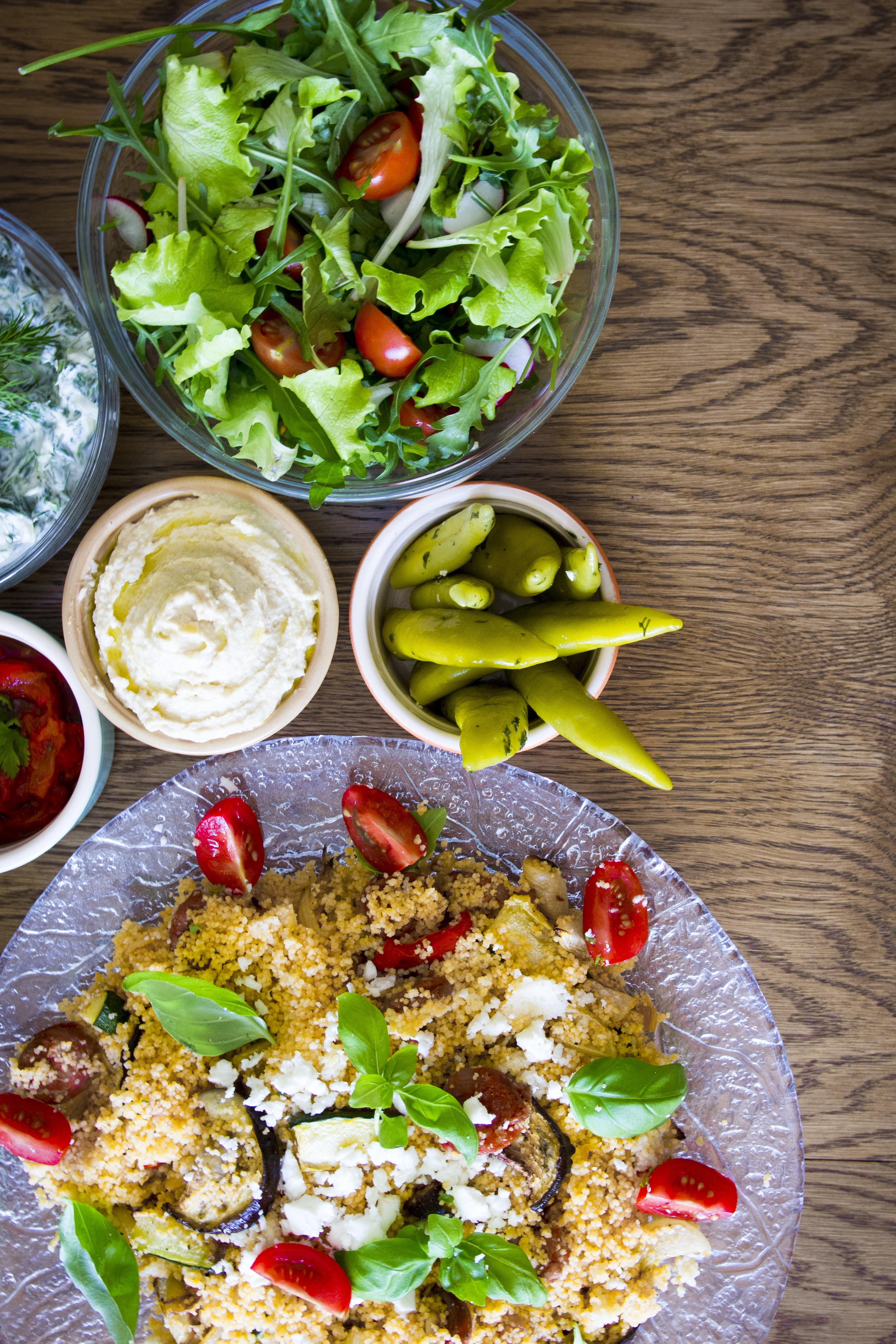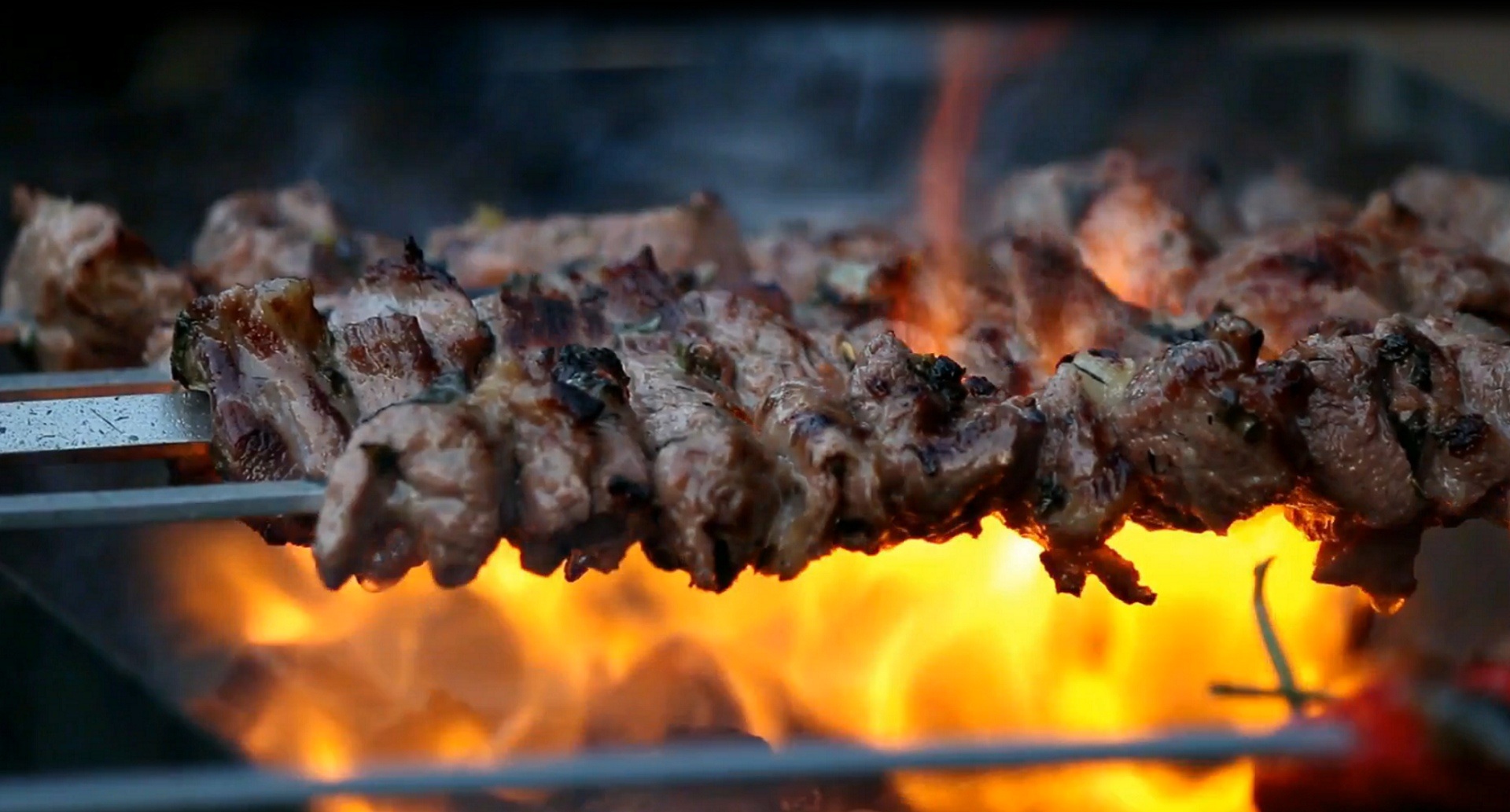Eid Al Adha is typically a time for overeating and feasting with family and friends on heavy meat dishes and desserts. Popular dishes made around the world during Eid Al Adha include Thareed Laham, Kabsa and Roast Lamb in the Middle East, Kebabs, Mutton/Beef Biryani and Nihari in South Asia, Oruk in Turkey and Tagine in Morocco, among others. However, nutritionists and other healthcare practitioners advise people to be mindful of what they are cooking and consuming during the three days of Eid. Here are some tips which can help you have a healthier Eid this year:

- Have a healthy breakfast of foods which can be digested easily such as eggs, cheese, brown bread, etc.
- Opt for healthier methods of cooking meat such as stewing, pan-broiling or cooking in the oven. You can also cook the meat on low heat for a long time with less or no oil in a pressure cooker.
- If you are visiting someone else, opt for baked or grilled items instead of fried kebabs or other fried foods.
- Control portions to avoid excessive intake of protein and fat. Combine a portion of well-cooked meat with green salad (without creamy dressings) or other vegetables and yogurt.
http://brownidentity.com/2020/07/17/6-health-benefits-of-apple-cider-vinegar/
- You can also opt for other kinds of meat with lower fat content such as lean beef or chicken.
- Stick to consuming three meals in a day and have lighter snacks or in smaller portions. Those with high blood pressure or diabetes should be particularly careful when consuming chocolates or desserts. Have some fruits instead as these are high in fibre and will keep you full.
- Have green tea or black tea without sugar after consuming a heavy meal to boost your metabolism.
- Post-Eid, try having fresh and light home cooked meals such as stir fry veggies, plain brown rice, pulses, etc.

